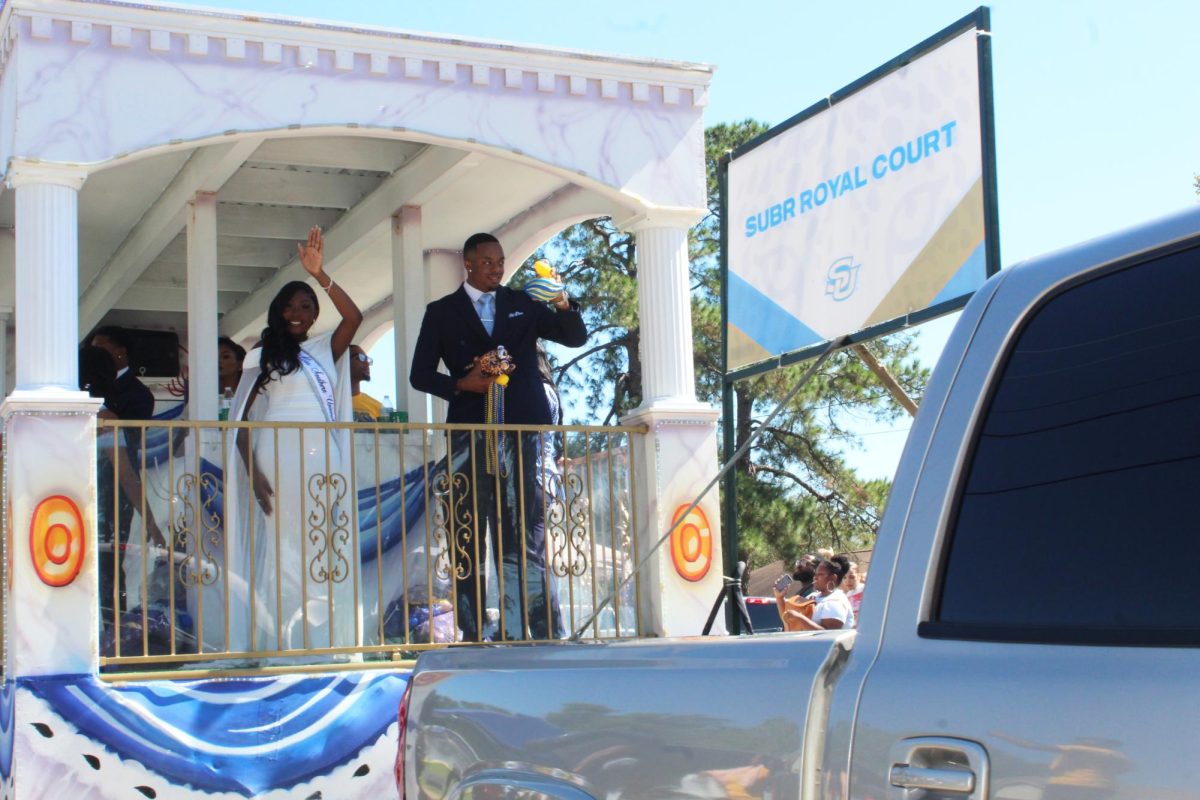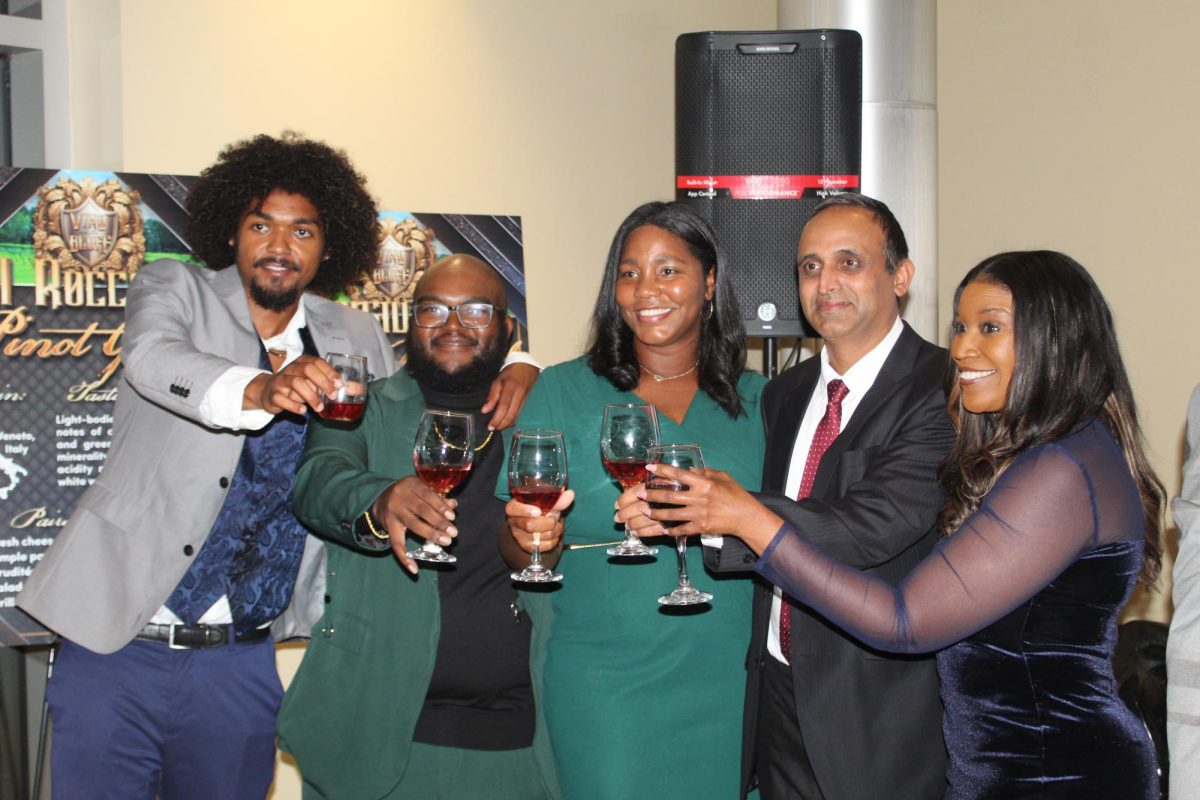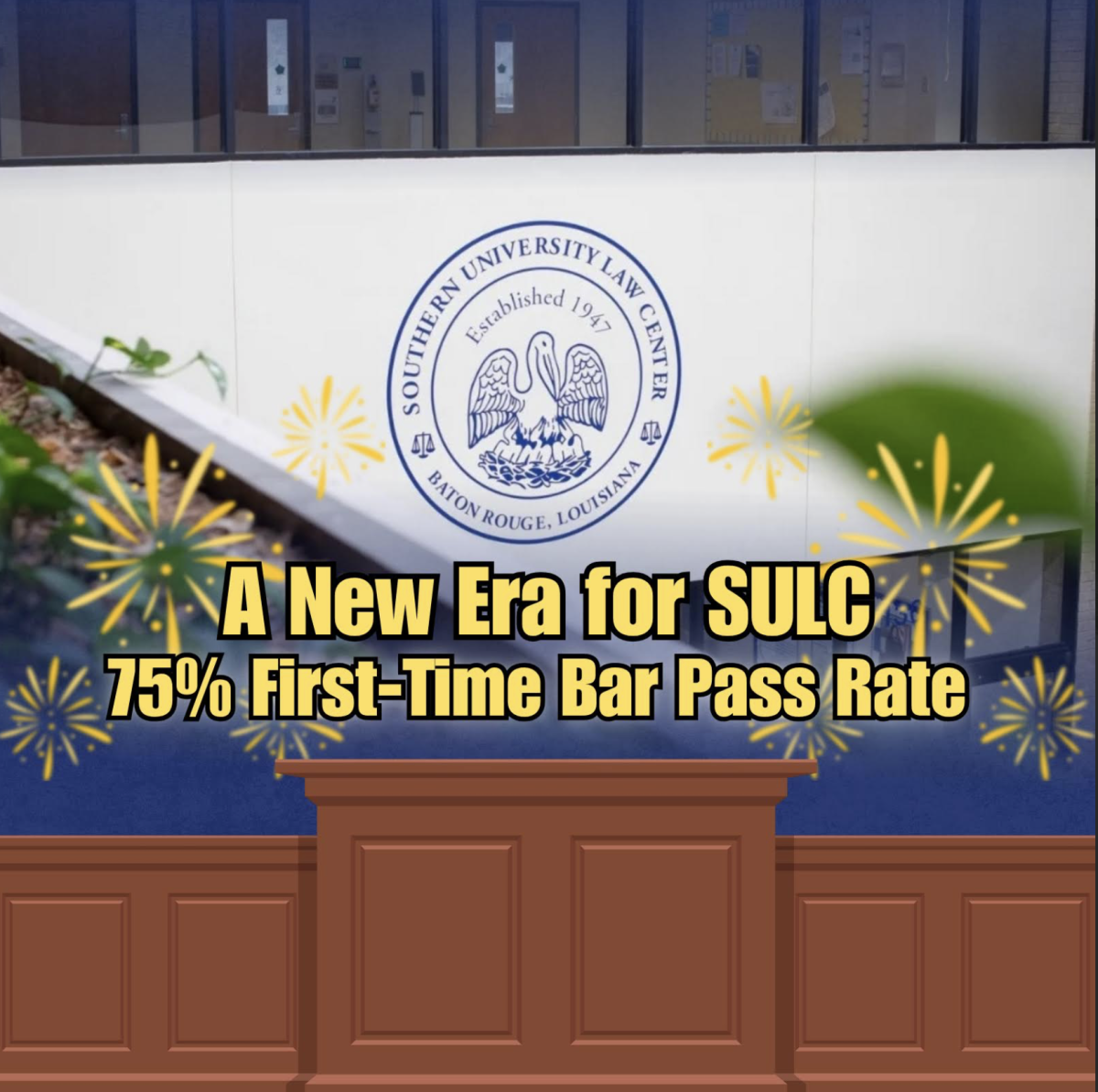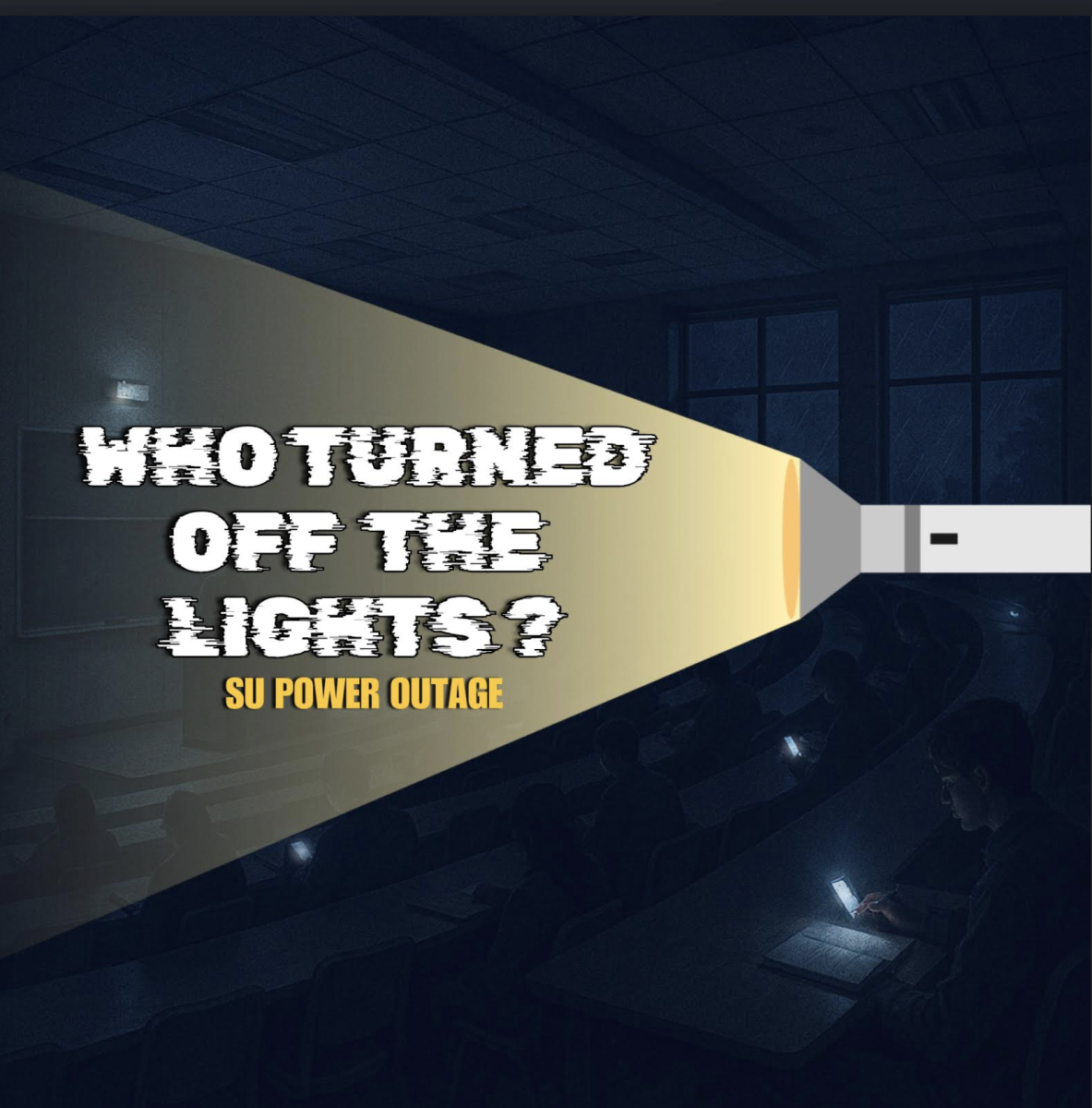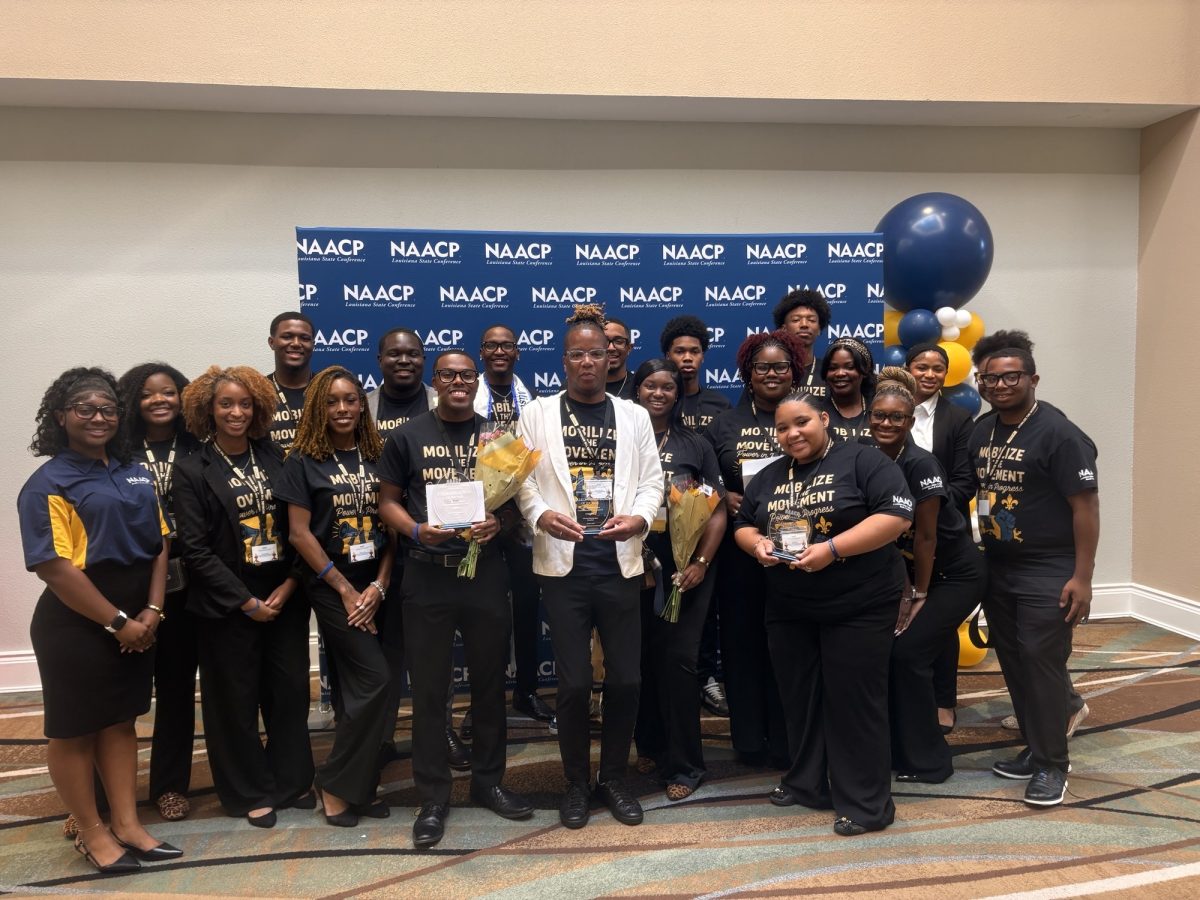The SupremeCourt Justices are currently in the process of deliberating on whether or notmajor showcases of the Ten Commandments at government buildings violate theseparation of church and state.
In a Texascase, Van Orden verses Perry and Mc Creary County; the court heard thearguments against a granite monument depicting the biblical Ten Commandments,which is situated near the entrances of the state Capitol in Austin. The second case, Kentucky v. AmericanCivil Liberties Union of Kentucky, challenges the Kentucky judges who haveposted framed copies of the Ten Commandments on the walls of county courthouse.
Those whooppose the displays say the monuments show the government to be in support ofreligion, which is a violation of the First Amendment”s ban on an’establishment of religion.’ Supporters of the display say that it is nothing more than therecognition of the nation”s religious heritage and historical role of the TenCommandments on the development of the United States.
‘I believethat some of our American history was founded on the beliefs of Christianity,’ saidReuben Griffin, a freshman political science major from Dallas. ‘However, Christianity is somethingthat should be practiced and instilled in the heart. Therefore, the Ten Commandments doesn”t necessarily have tobe physically present.’
Back-to-backarguments in the cases from Kentucky and Texas were heard as the court preparedto make a decision on an issue that had not been addressed since 1980, whenjustices ruled the Ten Commandments could not be displayed in public schools.
Many of thejustices expressed support of the monument in Texas but were a little reluctantabout the displays in Kentucky.
In anarticle published by The Washington Post entitled, Division of Church, State AtHigh Court, Justice Ruth Nader Ginsburg asked, ‘What if instead of a six-footstone monument on the state Capitol grounds bearing the words of the TenCommandments, Texas posted a version such as the one Moses holds in the frieze,in which only the last five are visible?’
ErwinChemerinsky, a Duke University law professor, representing an opponent of theTexas monument responded by saying. ‘That is still unconstitutional. It would still be the state of Texasexpressing the message that there is a God.’
John Howell,PhD, a professor of political science, believes that the issues being addresseddoes not have the right basis and that there is no absolute separation ofchurch and state in our government system.
‘You”ll seethe concept of religion being thrown around throughout the hearing,’ Howell said. ‘The arguments will be based upon the separation of churchand state. However, there is noreference to this in the Constitution. The Constitution prohibits the establishment of religion. The termseparation of church and state comes out of the writings of Thomas Jefferson.Throughout history there has never been a complete separation. We havechaplains in the army, the courts open procedures with prayer, and thegovernment gives public tax money to private religious schools. The question is where can the line bedrawn?’
In the Texascase, the Fraternal Order of Eagles donated the exhibit to the state in 1961and it was installed about 75 feet from the Capitol in Austin. The two Kentuckycounties hung framed copies of the Ten Commandments in their courthouses andother documents, such as the Magna Carta and the Declaration of Independence,after the American Civil Liberties Union challenged the display.
There aremany supporters of the displays who feel that it is essential to keep them inpublic places. According to an AssociatedPress poll, 76 percent of Americans support the public displays.
‘The morereligious symbols we have in government today, the better off we are,’ saidCharles Smith, pastor of Shiloh Missionary Baptist Church. ‘I am in favor ofthe continued display of biblical and scriptural references in public, eventhough it is not very popular.’
Othersbelieve that the hearing is a waste of time and that there are other issuesthat need addressing.
‘I thinktaking the Ten Commandments out of the governmental buildings is ridiculous,’said Brandi Anderson, a junior accounting major from Baton Rouge. ‘There is nojustification for this happening. They worry about the wrong things when thereare bigger issues that need attention.’
In the past,the court has approved of a prayer to open the session of a state legislature,supported a city-sponsored Nativity scene with other Christmas symbols such asSanta Claus, and denied an invocation at a public high school graduation.
The courtwill vote on the two cases behind closed doors this week. The justices willissue a written opinion by late June.
